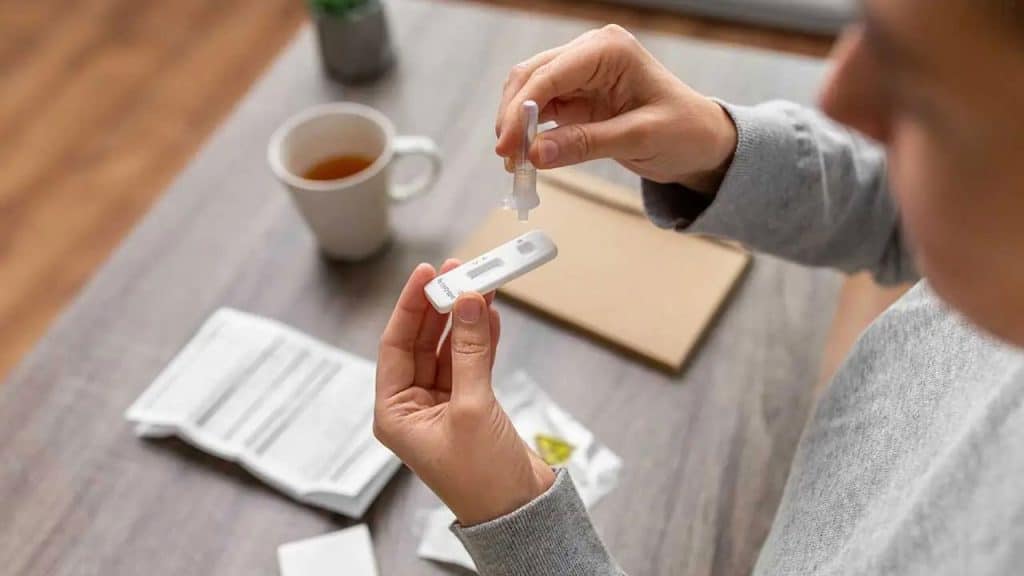Does your counter have a box, or even a row of boxes, with tests to measure all the different aspects of your health? There’s been a big surge in home testing, where you don’t have to go to a lab or see a doctor. In many ways, this is great. Improved accessibility means more people get to understand their own bodies and may receive earlier diagnoses. However, it means absolutely nothing if the tests aren’t accurate (https://longevity.technology/lifestyle/at-home-epigenetic-test-kits-are-they-accurate/).
When you go to a formal laboratory setting to have your health evaluated, whether it’s to diagnose a specific problem or just to see how everything is going, you’re in an environment with controlled conditions. Fewer variables, combined with the most advanced technology and experienced clinicians, means results are more precise and reliable and can be viewed in context with other aspects of your health.
Testing at home does have its advantages. These tests are often more affordable and less intrusive, and you can work it into your usual schedule without too much disruption. It can be empowering to feel you have more direct control over your health. That doesn’t mean you’re in the ideal environment, though. You probably don’t have the training and experience to conduct the test to the same standards as a professional. That means that while it may provide a great early indicator that something is wrong, it’s probably best to visit the experts if you want greater accuracy and detail.
In the case of something like epigenetic testing, which is a relatively new field of study generally, we just don’t have the data to fully evaluate the reliability of at-home tests. They don’t have wide acceptance in the scientific community. As more people make use of epigenetic testing and more studies are done, we’ll be able to make more definitive statements, but we’re not there yet.
More studies will allow for greater consistency. As it stands, different tests that ostensibly measure the same thing may reveal significantly varied results. This makes it hard to know which test to believe and undermines claims of reliability. There are also ethical questions to be explored regarding matters such as data sharing.
At-home testing does have its place, and it’s likely to become even more popular as tests continue to improve, but you still need to be aware of its limitations. Talk to experienced clinicians where necessary.




